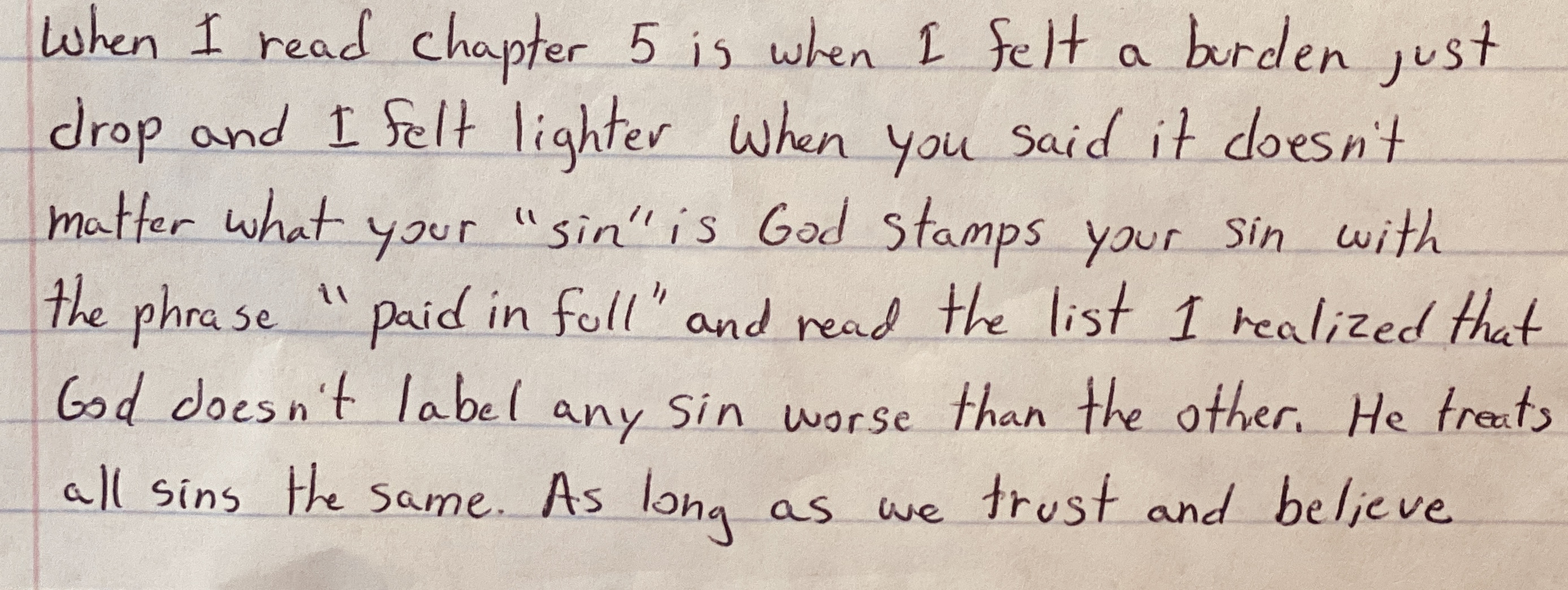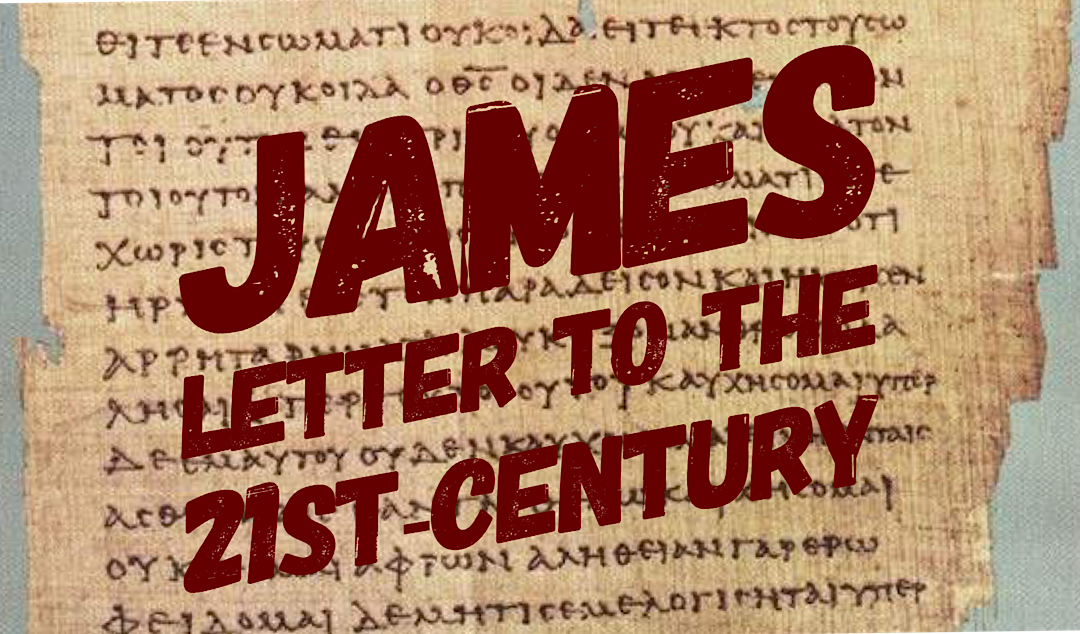Now flee from youthful lusts and pursue righteousness, faith, love and peace, with those who call on the Lord from a pure heart.
2 Timothy 2:22(NASB)
Though Timothy was younger in the faith than Paul, he had a spiritual maturity that equipped him for the pastoral work that was entrusted to him. However, the old apostle knew the wily ways of the devil who prowls around as a roaring lion seeking to shipwreck the faith of all God's children, through the lust of the flesh and the pride of life.
And so we discover Paul warning Timothy, his son in the faith, to separate himself from wicked men and to shun the many lusts of the flesh, the temptations of the eye, and passions of the heart, that are designed to separate us from fellowship with our heavenly Father and the many negative consequences that sin brings into the life of a Christian man or woman. "Now flee from youthful lusts," was Paul's serious warning to Timothy, "and pursue righteousness, faith, love, and peace, with those who call on the Lord, from a pure heart."
Timothy is urged to flee from every kind of temptation. Not only is he to resist the outward fleshly desires (the external seductions of the flesh), and the inner lusts of the heart (the inner bewitching desire for self-will, pride, power, fame, and fortune), but also the secret sin of unbelief, which so easily besets us and which translates into a lack of trust in our heavenly Father. Paul also encouraged Timothy - and us, to pursue the spiritual fruit of virtues - righteousness, faith, and love.
"Flee from youthful lusts," was his sombre warning, "and pursue righteousness, faith, and love," is Paul's earnest plea. The action to pursue righteousness, faith, and love, is a definite decision of the will which can only be achieved as one purposes in one's own heart to turn away from every kind of fleshly pursuit and craving for self-recognition - and follow after righteousness, faith, and love.
The pursuit of righteousness is characterised by the integrity, honesty, justice, and grace we extend to others - both to the saved and the unsaved. Faithfulness towards our Father and fidelity towards our fellow men, is reflected in a sincere and energetic confidence in the Lord and an unswerving trust in His Word - while the divine love of Christ is manifested through the words we speak and the actions we carry out. A deep love for God and consideration for the needs of others before ourselves, is the criterion that marks a person who is a man or woman after God's own heart.
Only those that eschew evil and seek after good are the ones that have an inner, supernatural peace that flows from God, and enjoy peace with those that call on the Lord with a pure heart. Only those that live as Christ lived and who choose to walk in spirit and truth, through the power of the Holy Spirit, can resist the evil and pursue the good.
Let us live as God intended all His children to live when He created us in His own image. Let us earnestly pursue righteousness, faith, and love, and live in peace with those that call on the Lord with a pure heart - for the honour of His holy name, and for our own eternal benefit.
My Prayer
Heavenly Father, help me to carry out Your plans and purposes in my own life, and live my life as You intended, in fellowship with You and for Your greater honour and glory. Help me flee from all youthful lusts and pursue the spiritual fruit of righteousness, faith, and love. And I pray that my life may manifest Your perfect peace that passes understanding, so that by Your grace I may live in quietude of soul with those who call on the Lord from a pure heart. This I ask in Jesus' name, AMEN.
See you next blog,
Ted


